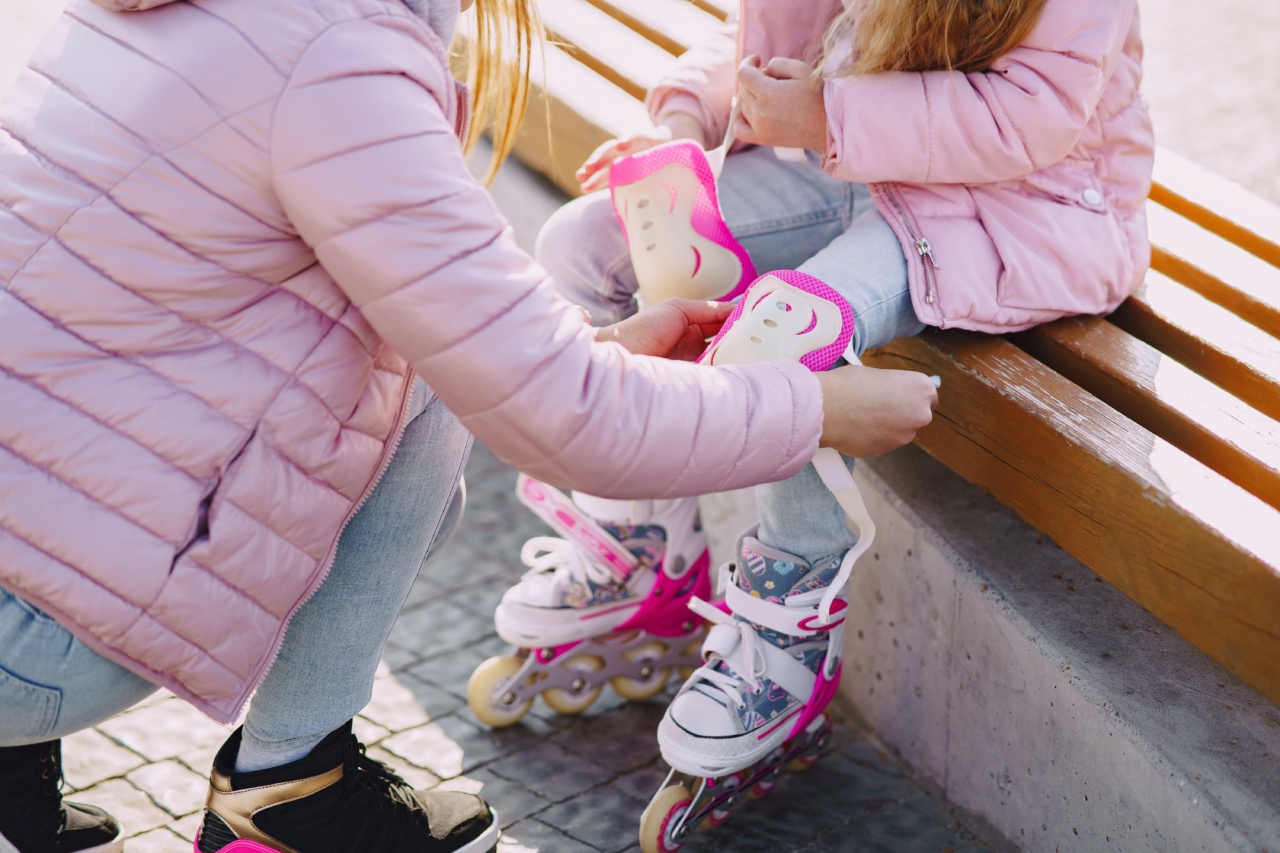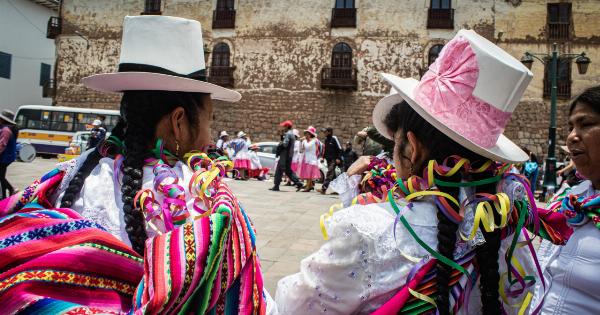Motherhood is a life-defining experience that many women aspire to. However, as women age, the journey towards motherhood becomes more challenging. Older women often face various factors that prevent them from starting or expanding their families.
In this article, we will explore some key factors preventing older women from motherhood, including age-related fertility decline, financial constraints, societal expectations, and personal circumstances.
Age-Related Fertility Decline
One of the primary factors limiting older women from becoming mothers is the natural decline in fertility that accompanies advancing age. As women age, the quantity and quality of their eggs decrease, making it more difficult to conceive naturally.
The chances of getting pregnant naturally start diminishing significantly after the age of 35 and decline further as a woman approaches her 40s. Age-related fertility decline is influenced by factors such as decreased ovarian reserve and an increased risk of chromosomal abnormalities in eggs, leading to lower success rates in fertility treatments.
Financial Constraints
Financial challenges can also deter older women from pursuing motherhood. Raising a child can be financially demanding, requiring a stable income to provide for their well-being.
Older women may face constraints in terms of their career growth and opportunities, leading to limited financial resources. The cost of fertility treatments, adoption procedures, or even surrogacy can pose significant financial burdens, making motherhood seem financially unattainable for some older women.
Societal Expectations
Society often places immense pressure on women to conform to societal norms and expectations, including the ideal age for motherhood.
Older women may experience judgment, scrutiny, or even disapproval from society for their decision to become mothers at an advanced age. The pressure to fulfill societal expectations can influence a woman’s decision to postpone or forego motherhood altogether.
Personal Circumstances
Personal circumstances also play a crucial role in preventing older women from embarking on the journey of motherhood.
Some women may have chosen to prioritize their education, career, or personal goals during their younger years, leading to delayed family planning. Others may have faced challenges such as relationship instability, divorce, or the loss of a partner, which can hinder the desire or ability to become a mother.
Additionally, health concerns or the presence of pre-existing medical conditions may make pregnancy and childbirth risky for older women, necessitating caution and a reassessment of motherhood plans.
Health Risks
Older women face increased health risks during pregnancy and childbirth.
Advanced maternal age is associated with a higher likelihood of pregnancy complications, such as gestational diabetes, hypertension, and chromosomal abnormalities in the fetus, like Down syndrome. The risks to both the mother and the child are greater for older women, which often leads them to reconsider the possibility of motherhood and prioritize their own well-being.
Stigma and Ageism
Stigma and ageism can significantly impact an older woman’s decision to pursue motherhood.
Society often reinforces stereotypes by associating motherhood primarily with younger women, creating a perception that older women are not fit or capable of being mothers. The fear of being judged, labeled as selfish, or facing societal disapproval can discourage older women from embracing motherhood.
Lack of Social Support
Older women may also face a lack of social support when it comes to motherhood.
The support networks that are readily available to younger mothers, such as family, friends, or even parenting communities, may not be as accessible or present for older women. This lack of social support can make the prospect of motherhood seem overwhelming and isolating.
Emotional Considerations
Emotional considerations are vital when contemplating motherhood later in life. Older women may undergo emotional turmoil as they grapple with the challenges and uncertainties associated with late-in-life parenthood.
The fear of not being able to provide adequate care, concerns about personal health, worries about being actively involved in their child’s life for an extended period, and the potential impact on their own well-being can all contribute to hesitations and reservations about becoming a mother at an older age.
Alternative Paths to Parenthood
While natural conception may become more challenging, there are alternative paths to parenthood available for older women.
Assisted reproductive technologies, such as in vitro fertilization (IVF), egg donation, and surrogacy, offer hope for many older women who desire to become mothers. Adoption is another wonderful option that allows older women to share their love and provide a nurturing home for a child in need. Exploring these alternative paths can help older women overcome some of the barriers they face in traditional motherhood.
Community and Professional Support
Building a strong community and seeking professional support is crucial for older women considering motherhood.
Connecting with support groups, fertility specialists, therapists, and adoption agencies can provide the necessary guidance, emotional support, and resources needed to navigate the unique challenges faced by older women on their journey towards motherhood.
Celebrating Individual Choices
Lastly, it is imperative to celebrate and respect the individual choices made by older women. Every person’s journey is unique, and motherhood is a personal decision that should be honored regardless of age.
Society should reflect upon its biases and recognize that motherhood can be a fulfilling and enriching experience, regardless of when it takes place in a woman’s life.
Conclusion
Older women face various factors that prevent them from embarking on the journey of motherhood.
Age-related fertility decline, financial constraints, societal expectations, personal circumstances, health risks, stigma, lack of social support, and emotional considerations all contribute to the challenges and decisions faced by older women. Despite these obstacles, alternative paths to parenthood, community support, and a celebration of individual choices provide hope and possibilities for older women who wish to experience the joys of motherhood.






























